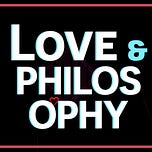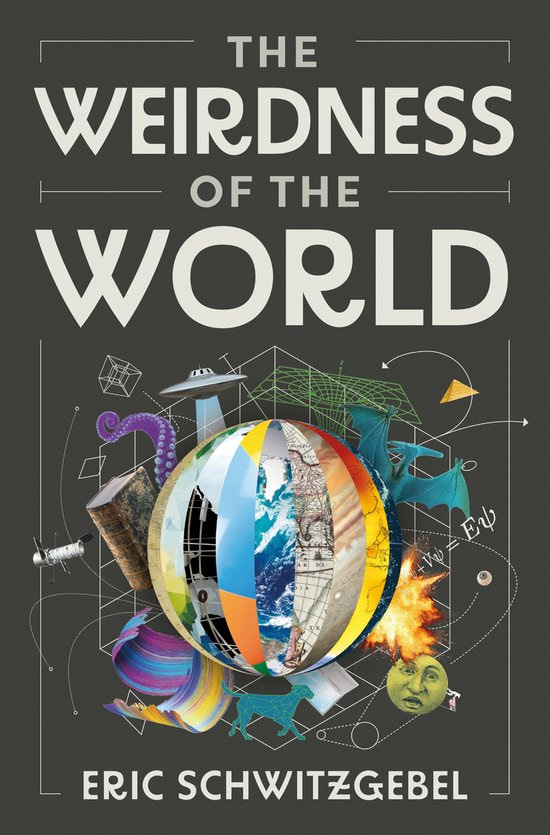This episode is about harmonizing the Dao and embracing the world's weirdness at once. Our guest is Eric Schwitzgebel, an analytic philosopher and professor at the University of California Riverside. As Andrea and Eric unfold the Dao and the world’s weirdness, they explore everything from robot consciousness, the love darts of snails, triads, axiology, and the philosophy of opening. Eric shares his journey into classical Chinese philosophy, how we understands harmonizing with the Dao, musings about consciousness, what kind of alien world we might want, and the importance of appreciating the world's inherent weirdness. This conversation offers a delightful blend of profound ideas and joyous reflections, encouraging us to see weird as a way into new perspectives and perhaps even into love.
00:00 Introduction to Love and Philosophy
00:20 Meet Eric Schwitzgebel: Philosopher and Author
02:03 Exploring the Dao and Classical Chinese Philosophy
04:54 The Concept of Harmony in Daoism
09:44 Weirdness and Diversity in Philosophy
13:34 The Value of Weirdness and Conflict
33:38 Garden Snails and the Mystery of Consciousness
42:22 Exploring Relationality and Consciousness
44:16 The Consciousness of Trees and Robots
45:48 Philosophical Perspectives on Sensation
53:53 Being Dubious
01:09:34 Ethics and Moral Behavior of Philosophers
01:18:09 Love, Harmony, and the Dao
01:22:57 Conclusion and Final Thoughts

The Book we discuss:
Writings we discuss:
Imagining Yourself in Another’s Shoes versus Extending Your Concern: Empirical & Ethical Differences
A Robot Lover's Sociological Argument for Robot Consciousness
Eric Schwitzgebel is Professor of Philosophy at the University of California, Riverside. He is the author of The Weirdness of the World (2024), A Theory of Jerks, and Other Philosophical Misadventures (2019), and Perplexities of Consciousness (2011). He also writes the philosophy of psychology blog The Splintered Mind.
Schwitzgebel's insights into classical Chinese philosophy and his appreciation for the world's curious wonders provide a fascinating lens through which to examine human experience, ethics, and love.














Share this post